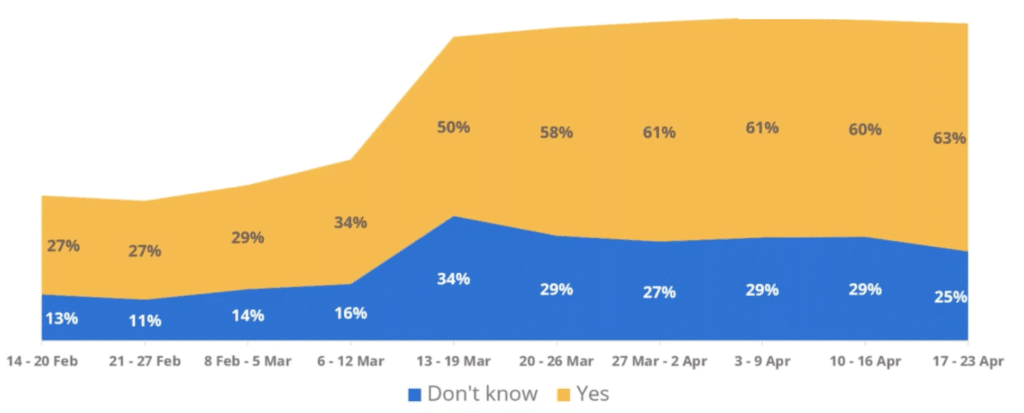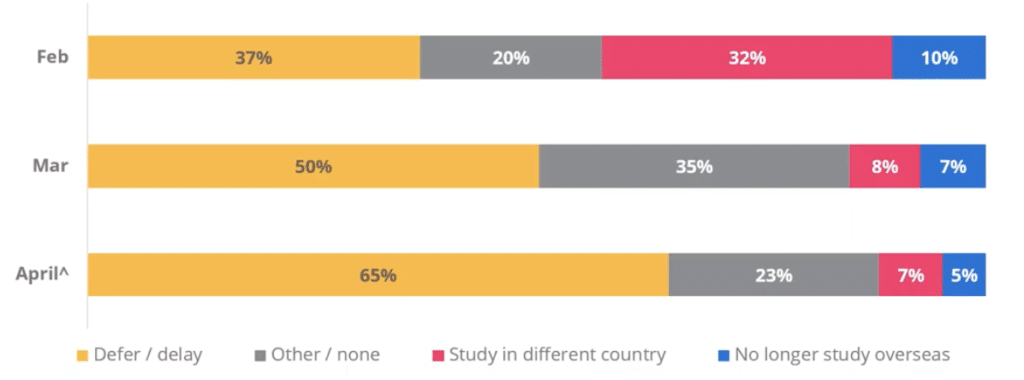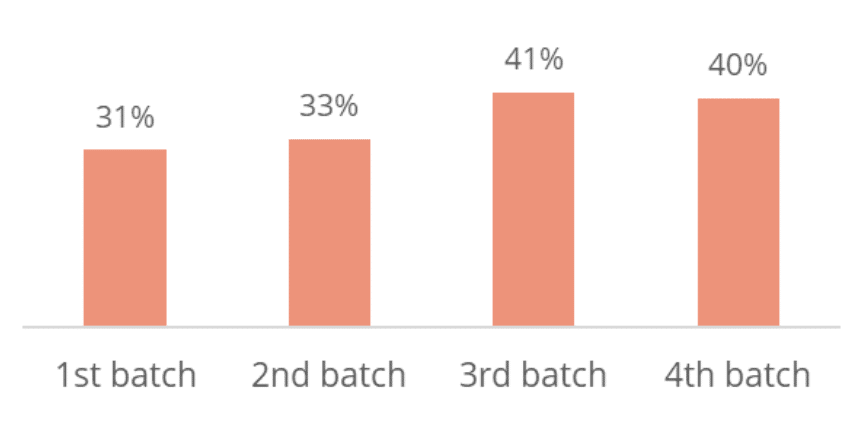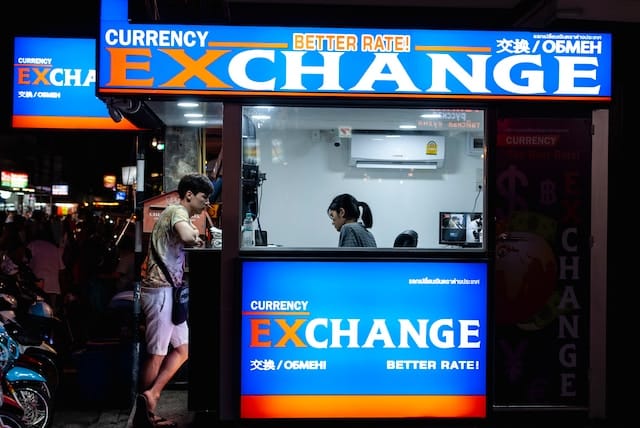Tracking student intent for study abroad through April
- Accumulated survey data through the end of April shows some important shifts in student intent for study abroad
- Larger proportions of students are now saying that they plan to defer their study plans, and a growing number are interested in online studies
- Only a small percentage say that they will cancel their plans, highlighting the continuing strong demand for study abroad
Will international students follow through on their study abroad plans for this year and next? That is the question at the heart of the enrolment modelling efforts currently underway in institutions and schools around the world. And it is the question that a number of ongoing tracking studies are trying to help answer.
These surveys provide some early indicators of how the pandemic is influencing student planning for study abroad and we have some updated findings below. We should start though with some obvious caveats that attach to their findings.
First, these reflect only student intent or expectation with respect to study plans, and that intention is taking shape alongside a number of related factors that are still very much in motion. For example, will campuses and schools re-open between now and September? And what sort of online or blended learning options will be on offer either way? Will travel restrictions ease – and international flight services and visa processing resume – in time for students to travel for their planned programme starts? And, given the economic upheaval caused by the pandemic, can students and families still plan to fund programmes abroad in the way they had expected to even a few short months ago? In the end, these are some of the key factors that will determine how the intent that is being measured here will convert down the enrolment funnel through this year and into 2021.
Second, these results reflect intent at a point in time and are likely to change. In fact, one of the most important observations that can be made of the survey data we have to this point is that student perceptions of the pandemic and its effects are shifting quickly.
The largest available survey at the moment comes from Quacquarelli Symonds (QS), whose pulse survey has been in the field since 14 February. To date, the survey has gathered more than 24,000 responses from prospective international students, and QS has been tracking results week-by-week over this period.
As the following chart reflects, student sentiment has shifted considerably from February through the end of April. At the start of the survey cycle, roughly 60% said that their plans were unaffected. But by mid-March, only a month later, that number had fallen to 16%, with 50% of respondents saying their plans had been impacted at that point and another 34% saying they did not yet know if their plans would change. Those values stabilised through April with six in ten students saying their plans had been affected and another 25-27% saying they were unsure of the impacts. As of the end of April, only 10% of prospective students said that their plans have not been affected.

We can also see a shift in student response when they were asked how their plans have been affected by the virus. The next chart below shows that from February through April, deferring or delaying planned programme starts has become the preferred course of action for students.

The bright spot in this is that the proportion of students who say they no longer plan to study overseas has actually declined, from 10% in February to 5% in April. So too has the proportion who said they would opt to study in a different country than they originally planned. “Ultimately, we see this as a good sign,” says QS Marketing Director Paul Raybould, “in that the appetite for international study is still very much there despite the current circumstances and the initial knee-jerk reaction from those that planned to study in a different country or to not study overseas at all has diminished as the weeks have gone on.”
That general pattern of shifting-but-stabilising student opinion is reflected in another student survey from StudyPortals. While based on a smaller cumulative sample of roughly 1,000 prospective students, it also highlights a shift in student intent over March and April.
The following chart shows the proportion of respondents who said they had changed their study plans because of the pandemic. The survey cycles reflected below track weekly responses over four weeks from mid-March through mid-April, and here again we see that the proportion of students affected increased notably over this period and began to level off.

Also interesting in the StudyPortals findings is that when asked how their plans had changed, nearly half (49.5%) said that they would defer or delay their planned programme starts and another 42% said that they would pursue their studies online. Those proportions held relatively steady in the StudyPortals sample over the four weeks for which results are currently available.
These overall patterns are reinforced in a third tracking study that comes to us from educations.com whose ongoing survey has collected more than 7,400 responses to date from prospective or current international students, with most of that data coming in between 16 March and 22 April.
The educations.com findings demonstrate again that only a small proportion of respondents (5.4%) now expect to cancel their plans for study abroad, while nearly half (45%) are interested in at least beginning their programmes online. Commenting on the stability in student intent over the second half of March and first half of April, educations.com adds that, “We saw very few changes in the opinions and decisions made in response to COVID-19. We believe that this is because, for the international student community, there are still so many unknown factors regarding [the pandemic’s] impact on plans.”
For additional background, please see:













